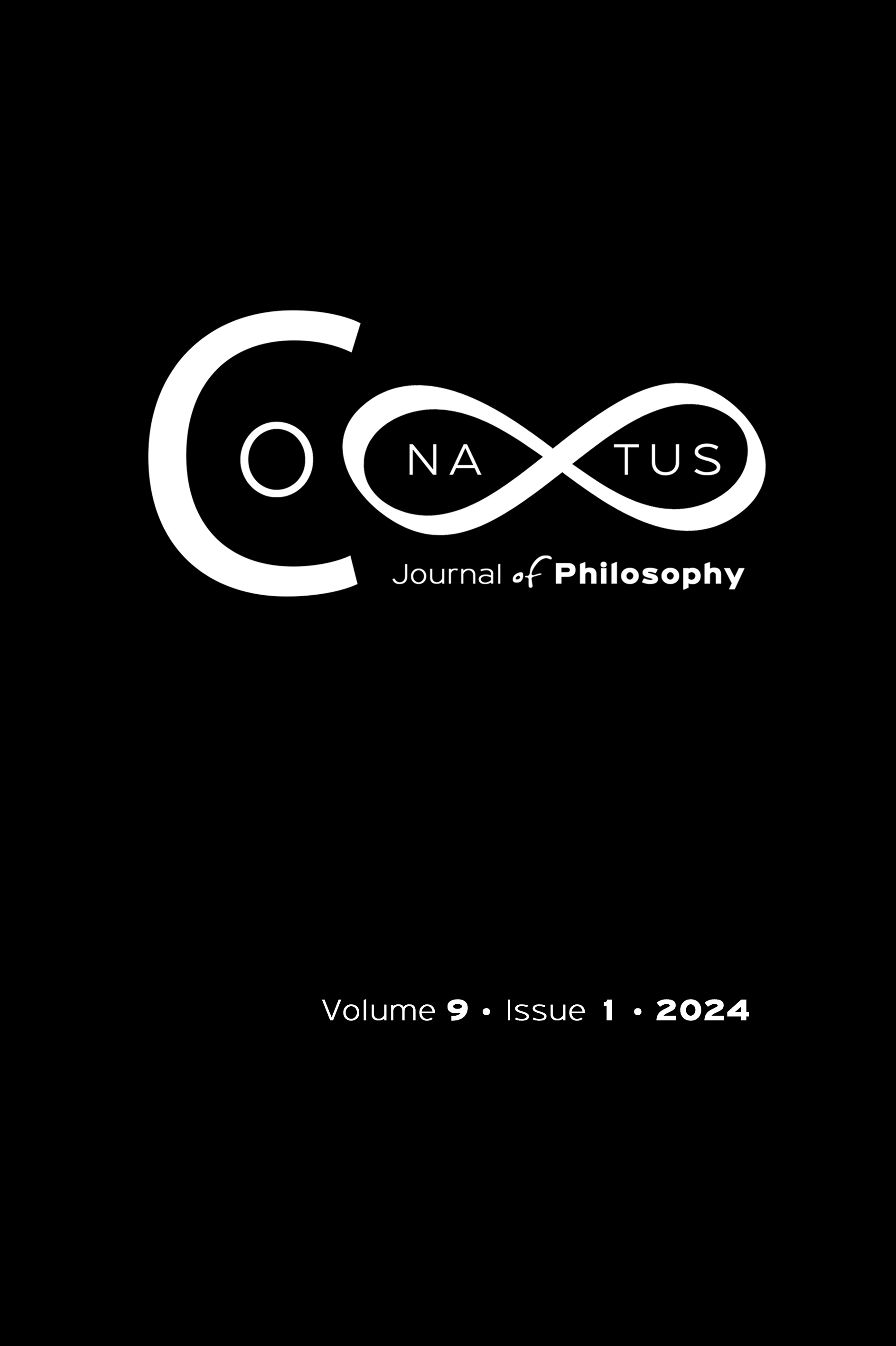Complexity, Reality and Ontological Insecurity: On Mistakes and Navigational Skills

Abstract
This article explores the concept of reality and the transformation concerning the complex approach to the modes of existence based on the interrelation between diverse actants that make up our world. Considering recent ontological debates and critiques of modernity, the article argues for a shift away from ready-made suppositions about reality and the desire for simplified answers. We propose a radical idea of an actant interaction perspective grounded in Bruno Latour’s and Hartmut Rosa’s ideas of exploring an ontology embracing curiosity, imagination, and the importance of making mistakes as necessary attitudes in navigating the uncontrollable nature of reality. The article emphasizes the importance of embracing a sense of liberty when comprehending and interacting with the world. It encourages us to concentrate on the strengths and connections of living organisms.
Article Details
- How to Cite
-
Uribe-Lopera, L., & González, S. (2024). Complexity, Reality and Ontological Insecurity: On Mistakes and Navigational Skills. Conatus - Journal of Philosophy, 9(1), 173–199. https://doi.org/10.12681/cjp.34046
- Section
- Articles

This work is licensed under a Creative Commons Attribution-NonCommercial 4.0 International License.
Authors who publish with this journal agree to the following terms:
Authors retain copyright and grant the journal right of first publication with the work simultaneously licensed under a Creative Commons Attribution Non-Commercial International License (CC BY-NC 4.0) that allows others to share the work with an acknowledgement of the work's authorship and initial publication in this journal.
Authors are able to enter into separate, additional contractual arrangements for the non-exclusive distribution of the journal's published version of the work (e.g. post it to an institutional repository or publish it in a book), with an acknowledgement of its initial publication in this journal.
Authors are permitted and encouraged to post their work online (preferably in institutional repositories or on their website) prior to and during the submission process, as it can lead to productive exchanges, as well as earlier and greater citation of published work.





